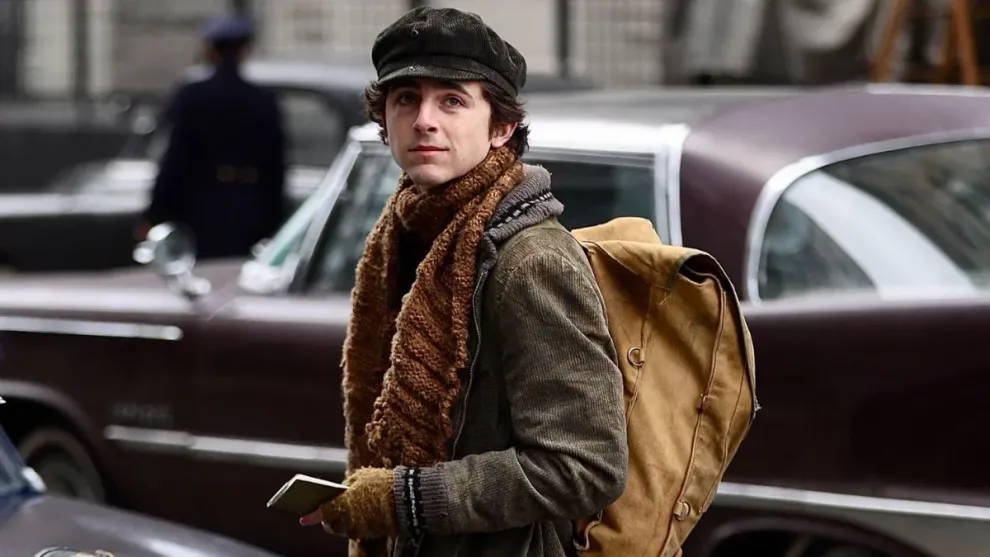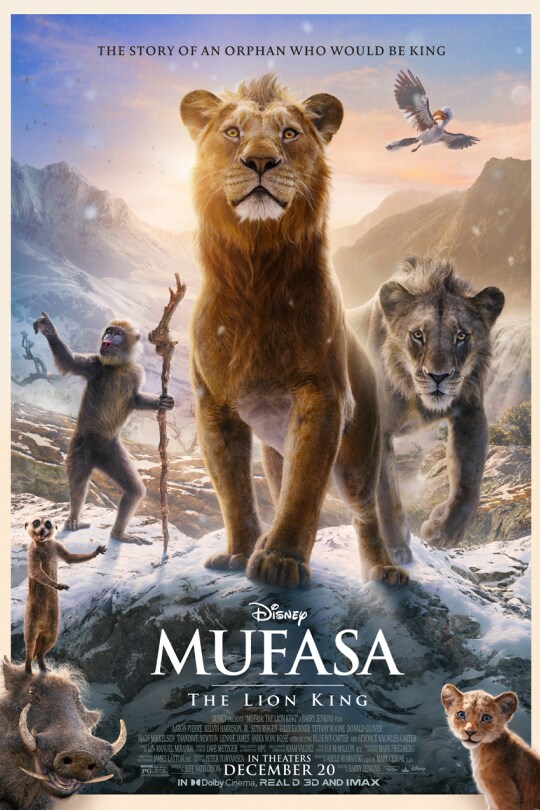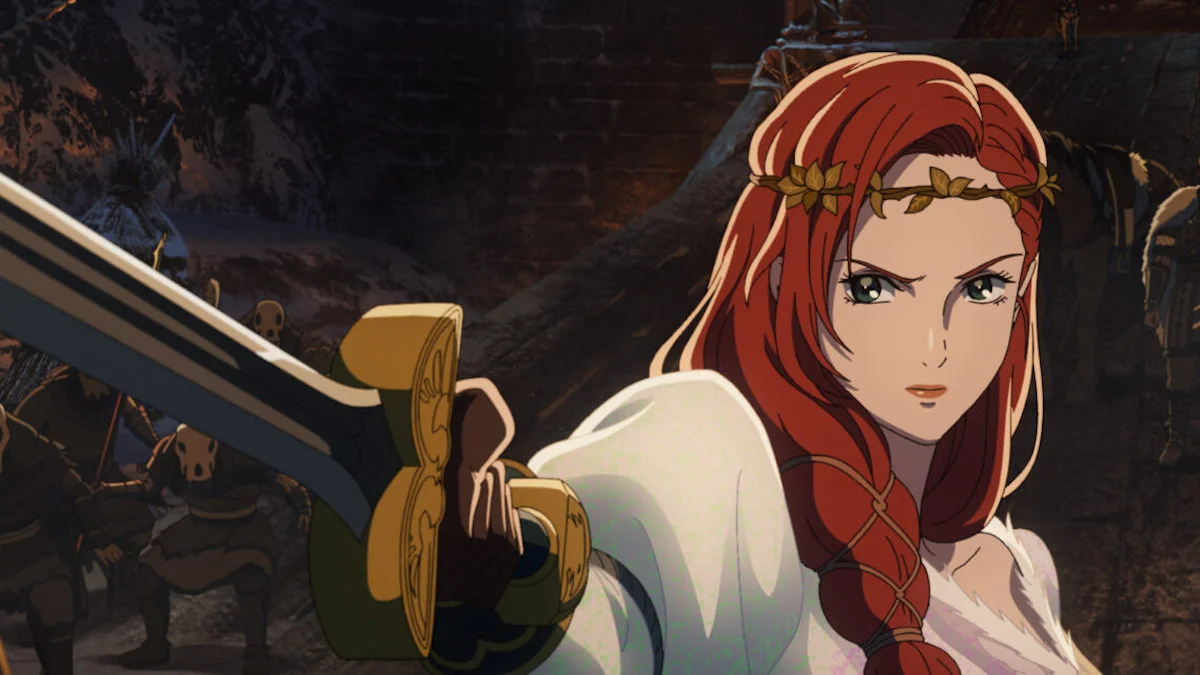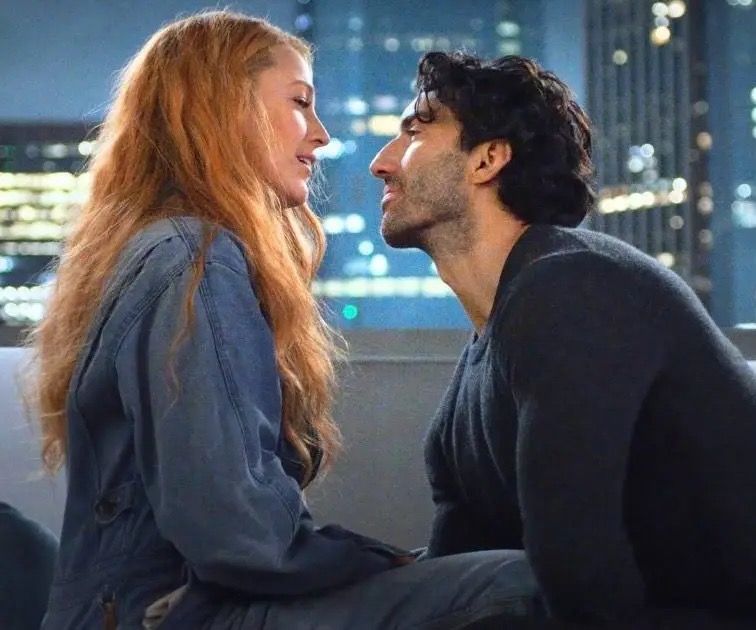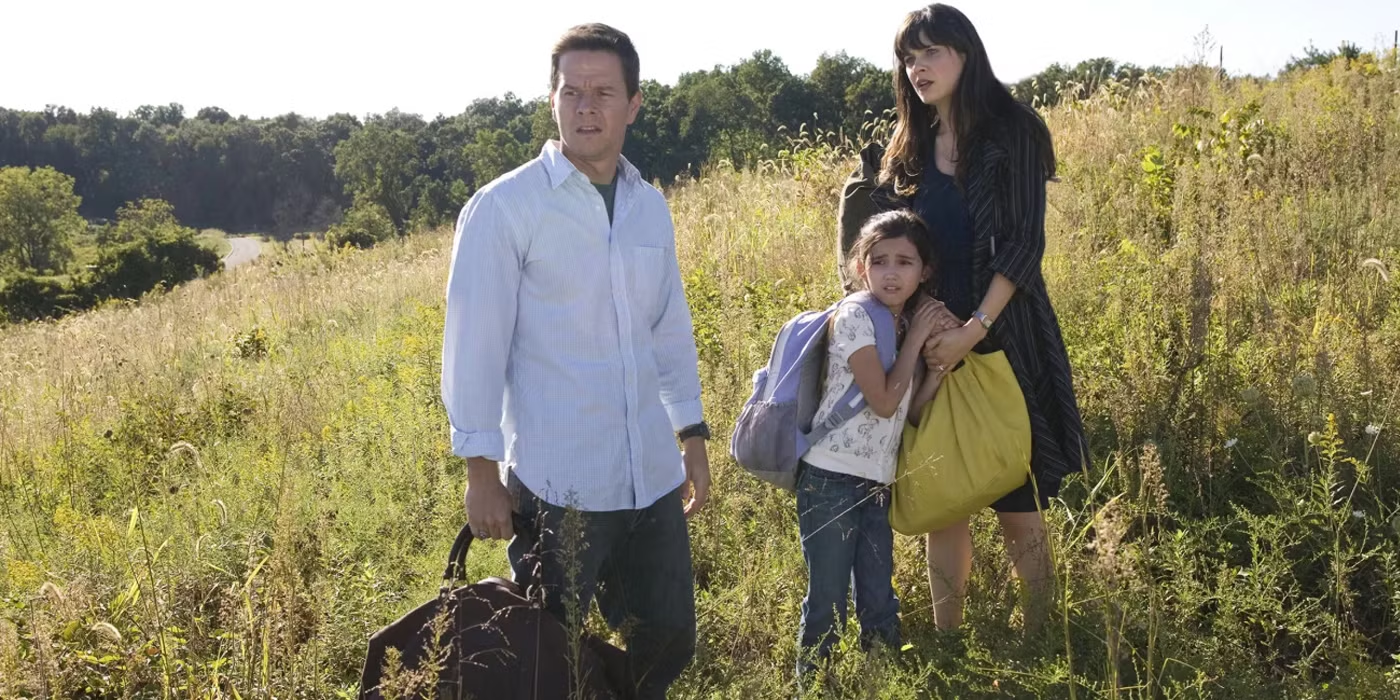Billy Elliot
Posted on December 13, 2002 at 5:17 am
A| Lowest Recommended Age: | Mature High Schooler |
| Profanity: | All characters use very strong language, even children |
| Nudity/ Sex: | References to transvestism and homosexuality, some child sex talk, children discuss adult infidelity |
| Alcohol/ Drugs: | Drinking and smoking, references to alcoholism, adult characters tipsy |
| Violence/ Scariness: | Some family violence, police fight strikers |
| Diversity Issues: | A theme of the movie, homophobic comments |
| Date Released to Theaters: | 2000 |
As two 11-year-olds walk home from school, the girl casually bounces a stick along the side of a building. The building ends and, still chatting, she keeps bouncing it along the shields held up by a line of policemen. They pay as little attention to her as she does to them. It is Thatcher-era England, 1984, and the police have come to this small mining town of Durham to keep order during the miners’ strike.
The 11-year-olds are Billy Elliot (Jamie Bell) and the daughter of the local ballet teacher, Mrs. Wilkenson (Julie Walters). Billy watches the ballet class from his boxing lesson. When Mrs. Wilkenson impulsively pulls him into the class, he discovers that ballet both answers and creates a need in him that he can no more name than he can resist.
Billy lives with his father (Gary Lewis), brother, and grandmother. His mother died the year before, his grandmother is forgetful, and his father and brother are on strike. The adults are busy with their own problems, and no one has time to notice Billy other than to shout at him or swat him out of the way. So for a while he manages to switch from boxing to ballet without anyone finding out. When his father discovers what Billy has been doing, he is furious. He is sure that this means that Billy is going to be gay and sure that this would be the ultimate failure on his part. He forbids Billy to go back.
But Billy has to dance, and he reminds Mrs. Wilkenson of a passion she once had for ballet. She gives him private lessons without charge, to prepare him for an audition with the London Ballet. Billy hides his ballet shoes under the mattress and hopes that no one will pay enough attention to him to figure out what he is doing. But his father does find out about the lessons and the audition.
This movie is well above average, tender, funny, and touching. Bell is extraordinary as Billy, the best child actor performance since Haley Joel Osment in “The Sixth Sense.” Lewis is also first-rate as the father who makes an unbearably painful sacrifice in order to give his son the chance he never had. Director Stephen Daldry has a real gift for visual story-telling. A chase through hanging laundry, dance lessons in a boxing ring, and the opening shot of Billy on a trampoline are images that are fresh and memorable.
Parents should know that everyone in this movie uses terrible language all the time. That is the primary reason for the R-rating, but the movie also includes sexual references, some child sex talk, a brief glimpse of bare buttocks when one character moons another, homophobic comments, and a transvestite character. Some teens may be upset by the way that family members treat each other. They are insulting, neglectful, and cruel. A parent hits a child and threatens another.
Families who see this movie will want to talk about what families should do when one member finds something as vitally important to him as dancing is to Billy. They should also discuss how the stress of painful external circumstances can affect the ability of family members to be kind to each other. Why was the strike so important to Billy’s dad and brother? How was that like and not alike the importance of ballet to Billy? Why did Mrs. Wilkenson want to help Billy? Why did Billy’s interest in ballet make Billy’s dad think he might be gay, and why was that so terrifying to him? What made him change his mind? Why do you think the writer put a gay character who did not have anything to do with ballet into the story? What does it tell us that Billy’s father had never been out of Durham, and that Billy had never been to see Durham’s famous cathedral? What do you think of Billy’s dad’s response when Billy says he is scared?
Families who enjoy this movie will also enjoy Educating Rita, in which Julie Walters plays a lower-class university student who studies with a professor played by Michael Caine. Two popular movies with similar themes are Brassed Off (laid-off miners find music and meaning in a brass band competition) and The Full Monty (laid-off workers put on a strip show). The question “Why do you dance?” and Billy’s answer recall a similar scene in that most famous of all ballet movies, the brilliant The Red Shoes.

